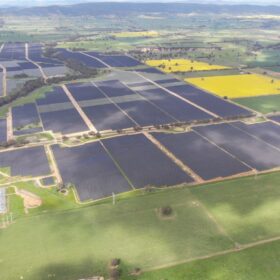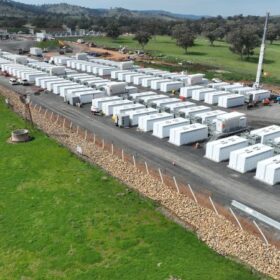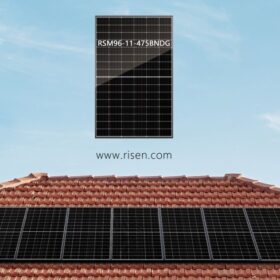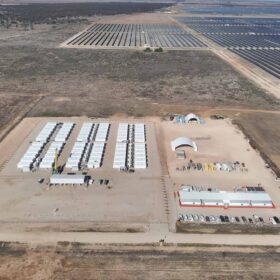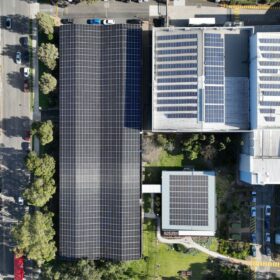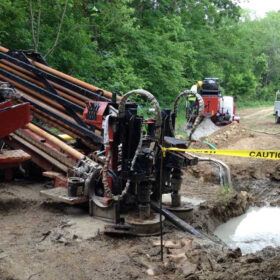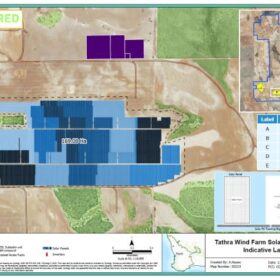FRV Australia’s largest solar farm reaches full operations
The 300 MW Walla Walla Solar Farm in southern New South Wales has commenced commercial operations according to developer Fotowatio Renewable Ventures.
NSW tender targets 500 MW of new firming capacity
The New South Wales government has launched a tender targeting 500 MW of firming and demand response capacity to further boost power supply reliability as the state’s coal-fired generators are shut down.
BLUETTI’s EP760 ESS targets Australia’s growing solar homes market
The single-phase, modular solution combines reliability with flexibility, offering households scalable storage and access to the country’s new Cheaper Home Batteries Program.
Risen presents 475 W TOPCon solar panel with 23.8% efficiency
Chinese solar module maker Risen Energy has introduced a 475 W bifacial solar module with a power conversion efficiency of 23.8% to the Australian market, targeting the rooftop market.
Australia’s first eight-hour battery registered with AEMO
Australia’s energy transition has reached a new milestone with the nation’s first eight-hour duration battery energy storage system now registered and eligible to begin commissioning and testing ahead of commercial operation.
Rooftops rather than REZs are ticket for Australia’s energy future
Australia is at a crossroads in its energy transition. Policymakers are doubling down on centralised renewable energy zones, while businesses and households are voting with their wallets, putting solar on rooftops and batteries in garages, warehouses, and factories.
Intium deploys advanced technology for Mulwala solar farm grid connection
Australian high voltage infrastructure company Intium is deploying advanced technology to connect European Energy Australia’s 32 MW Mulwala Solar Farm to the grid.
WA gentailer plans 2 GW wind, solar and battery hub
Western Australian government-owned utility Synergy has submitted plans to build a 2 GW hybrid renewable energy hub including up to 500 MW of solar and 500 MW of battery energy storage capacity alongside what would be the biggest wind farm in the state.
PVH secures tracker supply contract for Fulham solar project
Spanish company PV Hardware has been tapped to supply locally manufactured solar trackers for the 80 MW Fulham Solar Farm being developed by Octopus Australia in southeast Victoria.
New algorithms boost dual-axis solar tracker performance
Researchers in Australia and India have developed two solar tracker optimisation techniques that can purportedly increase power generation by up to 54.36% when combined. One uses a light sensor and the other relies on data from GPS and a real-time clock.
